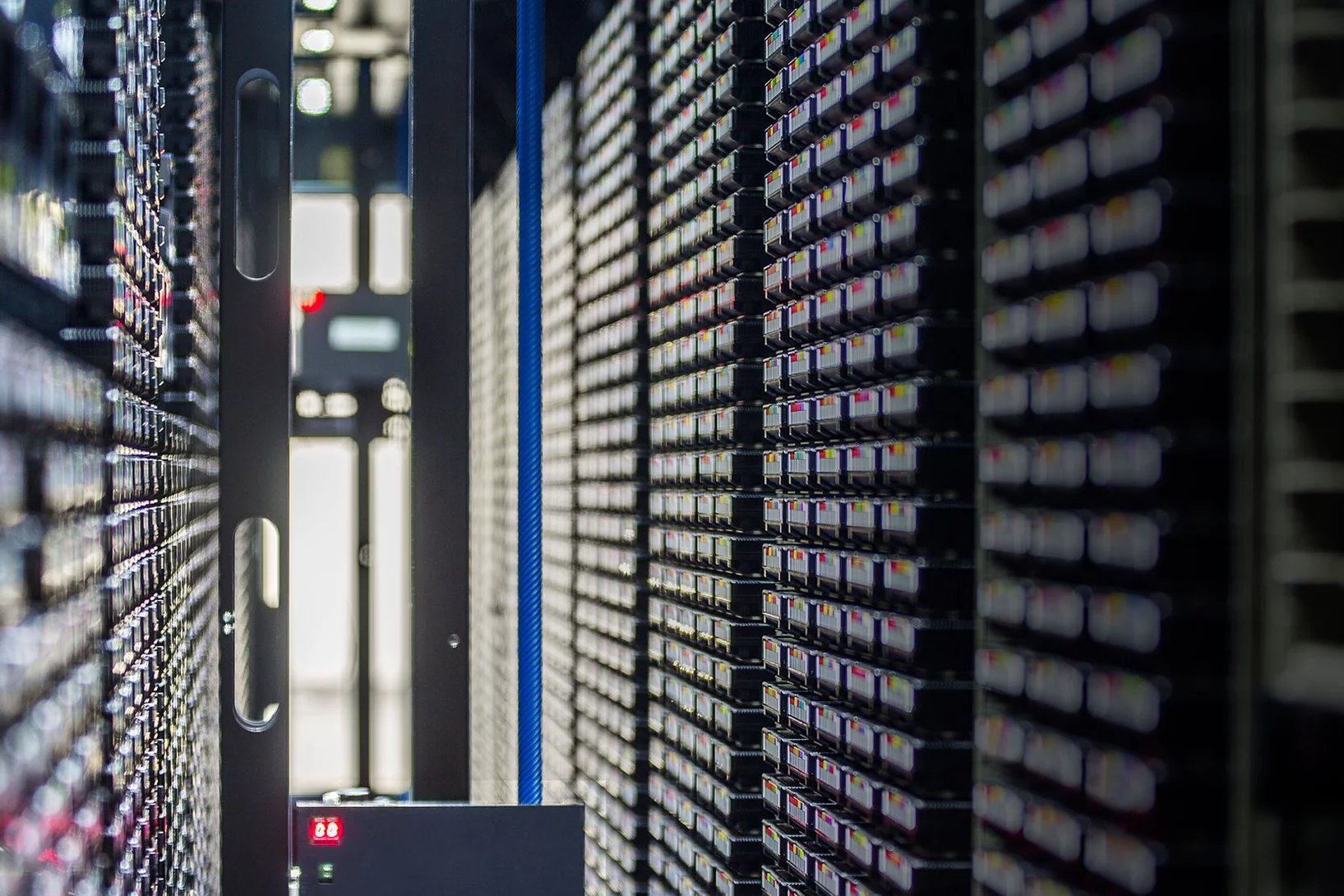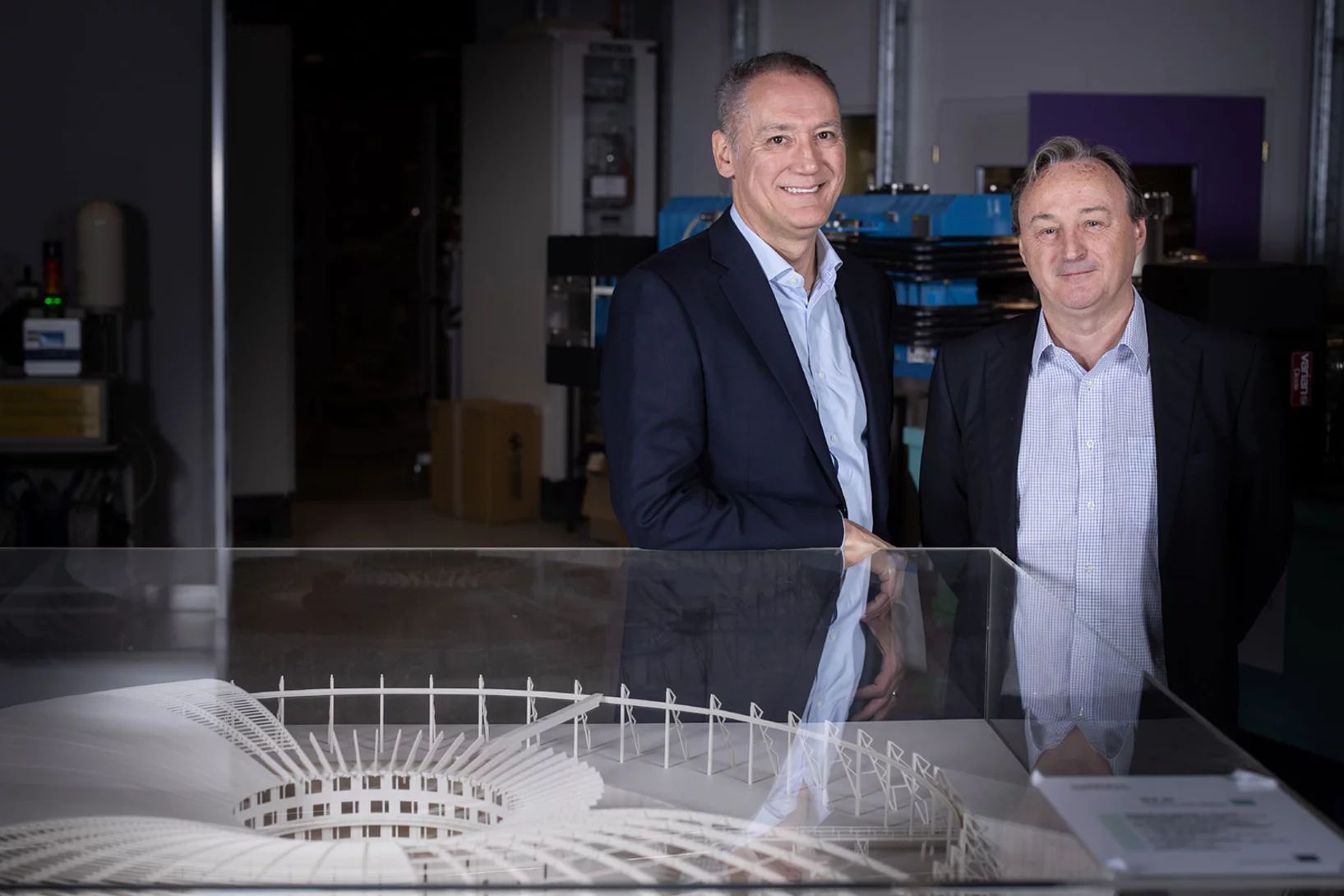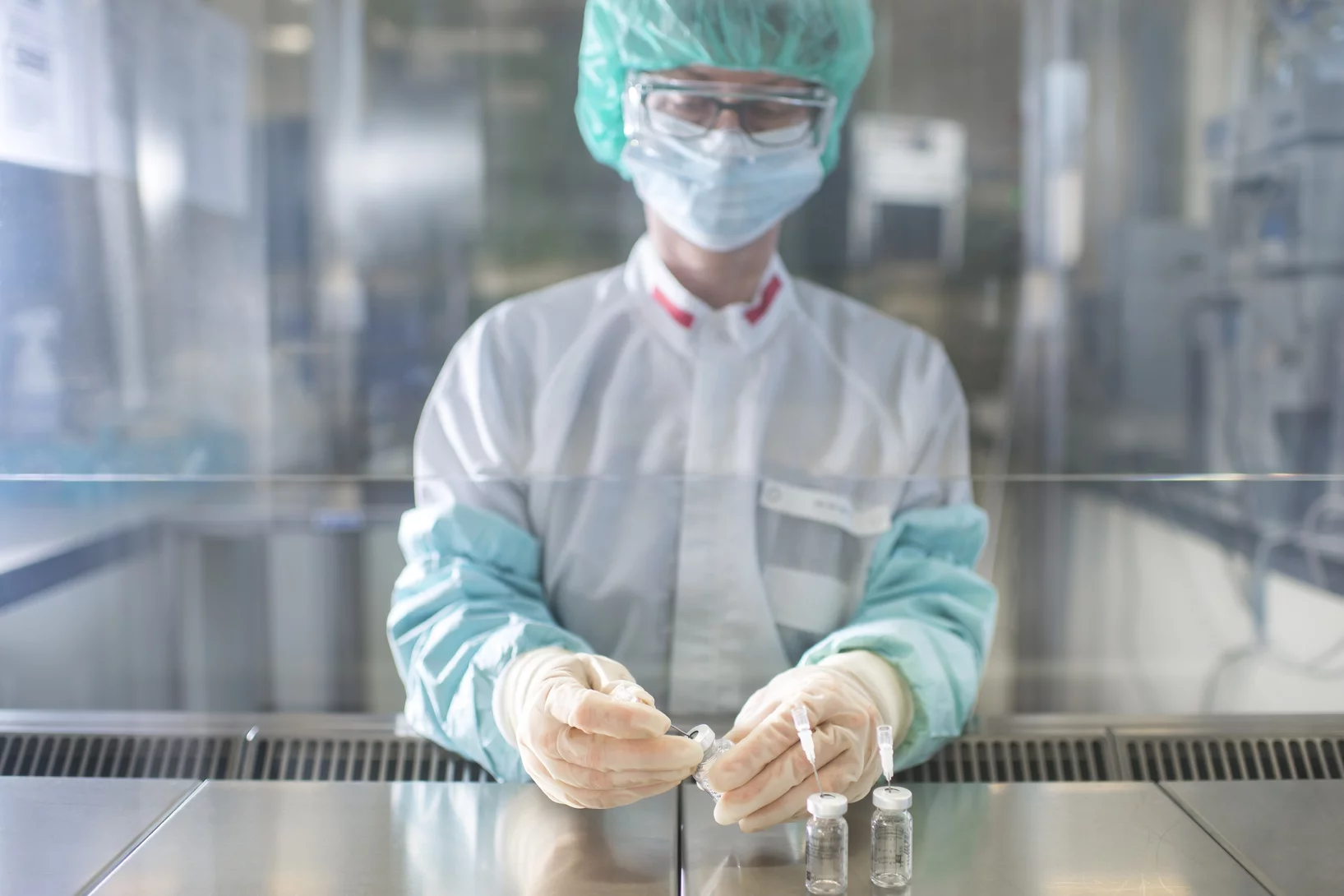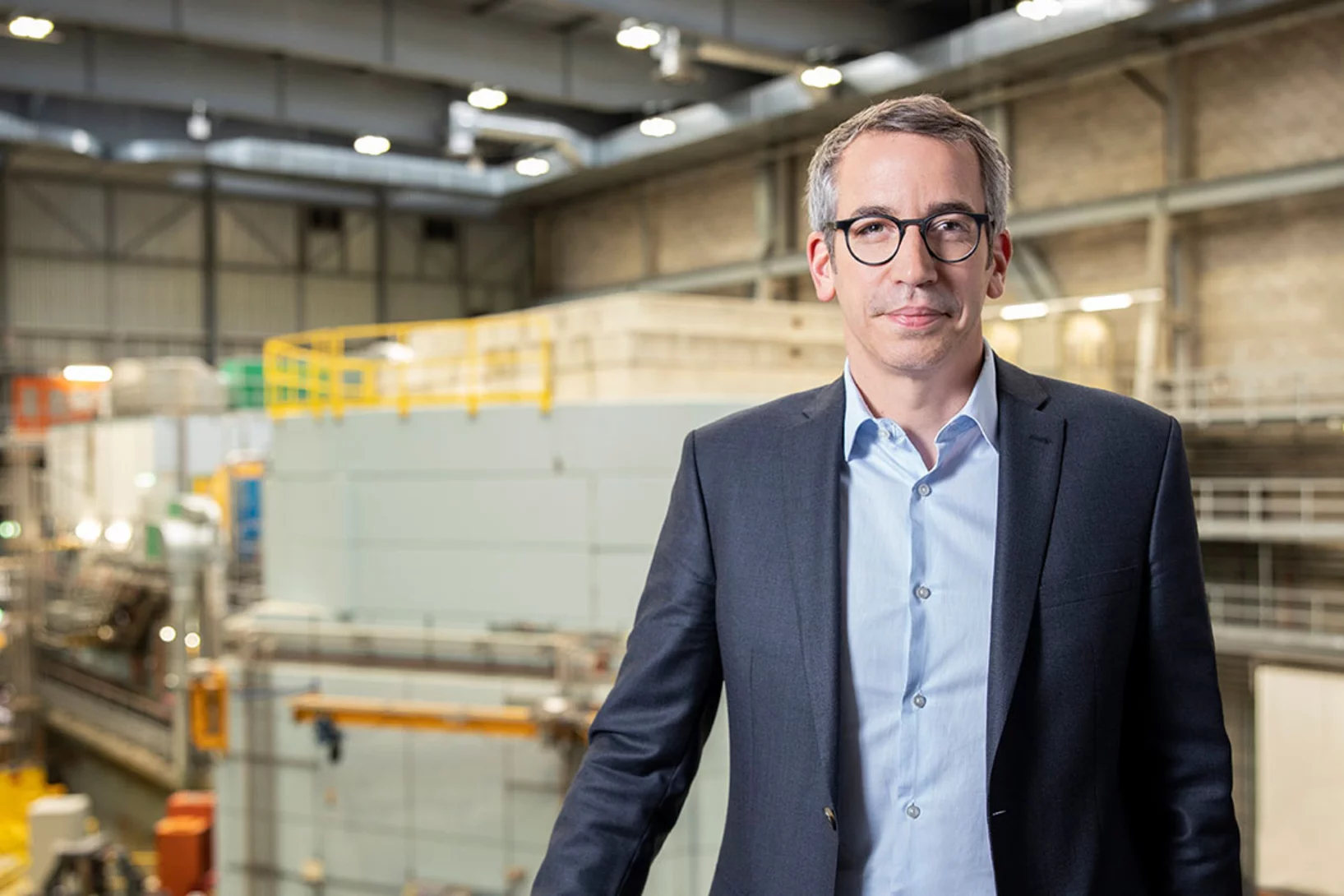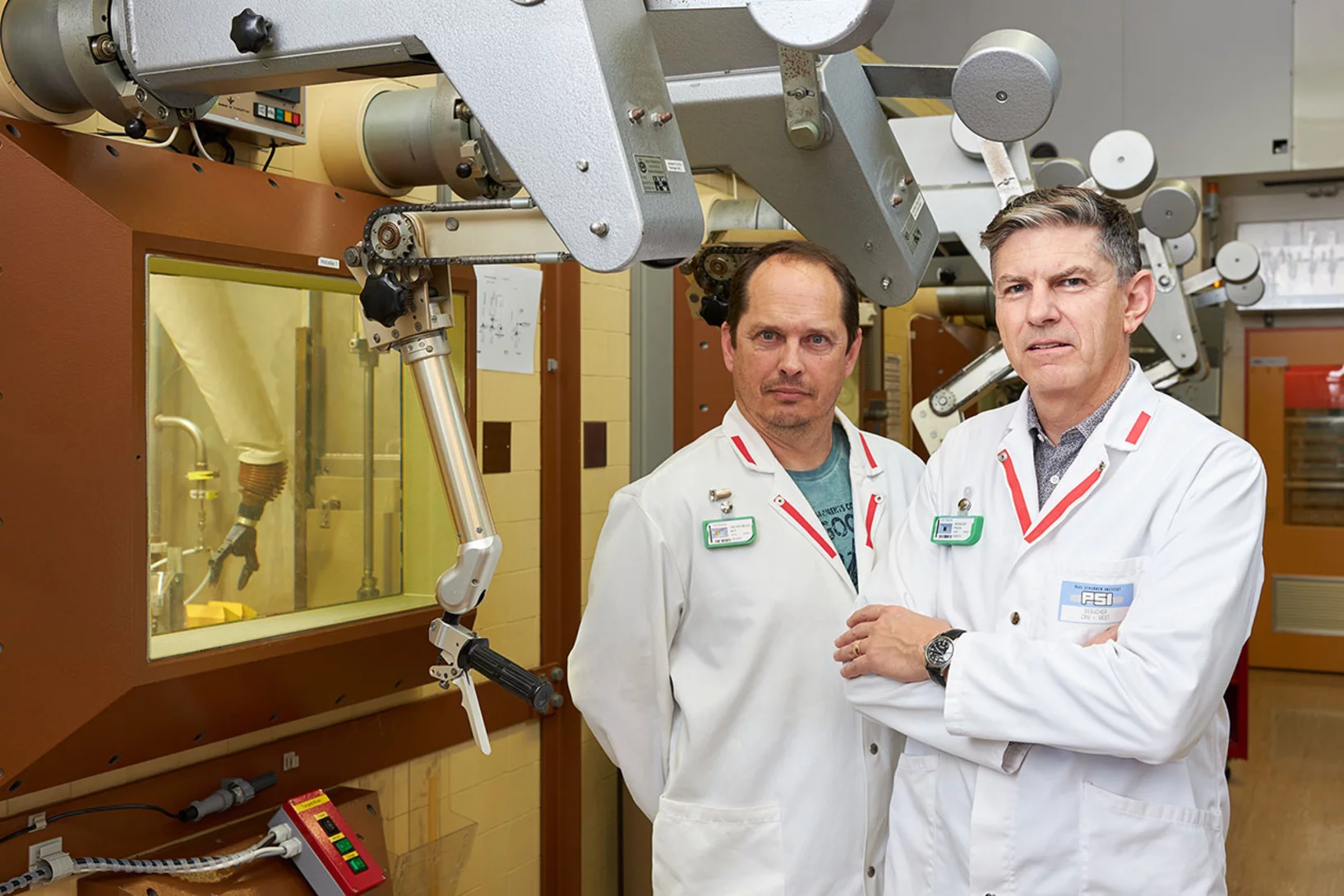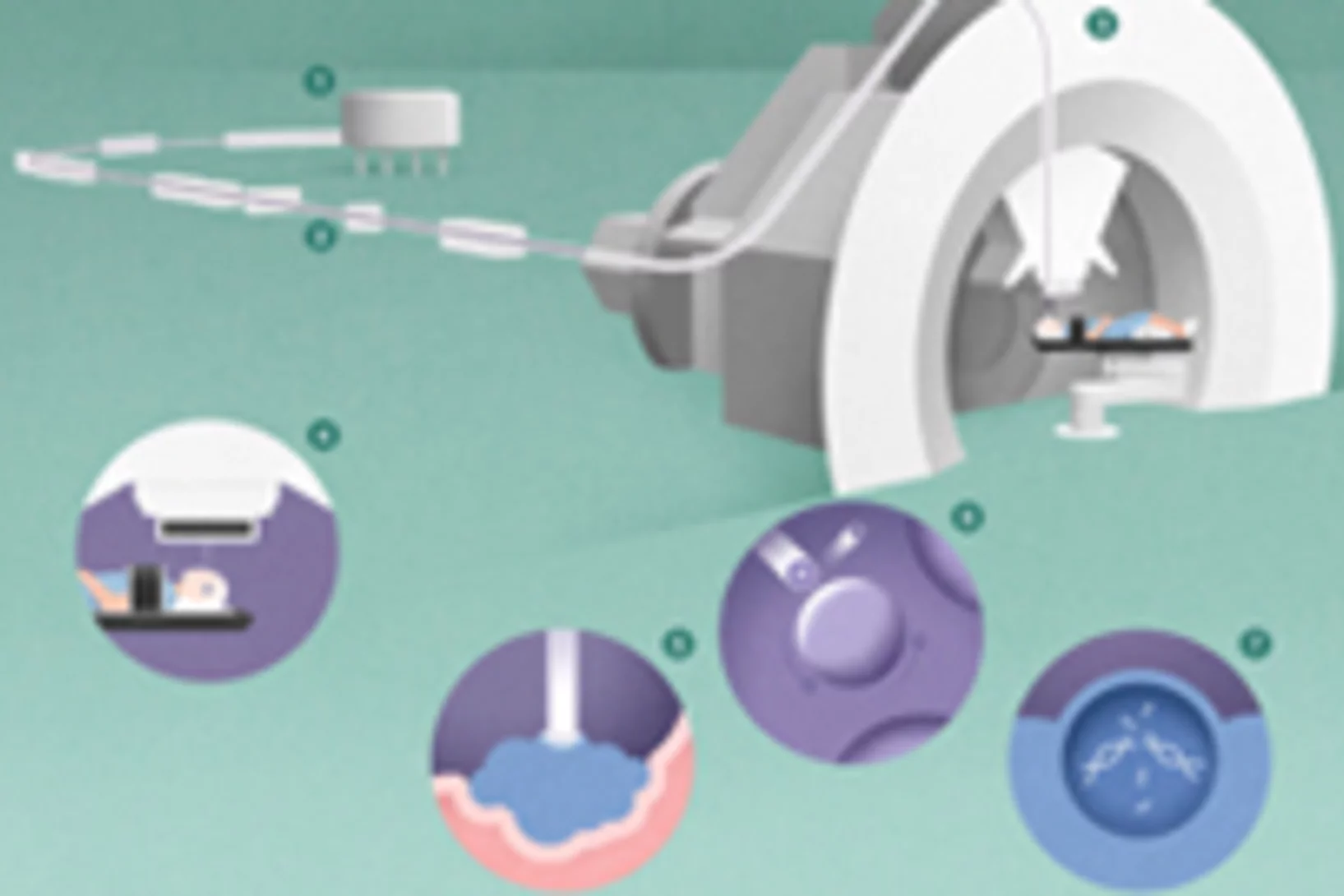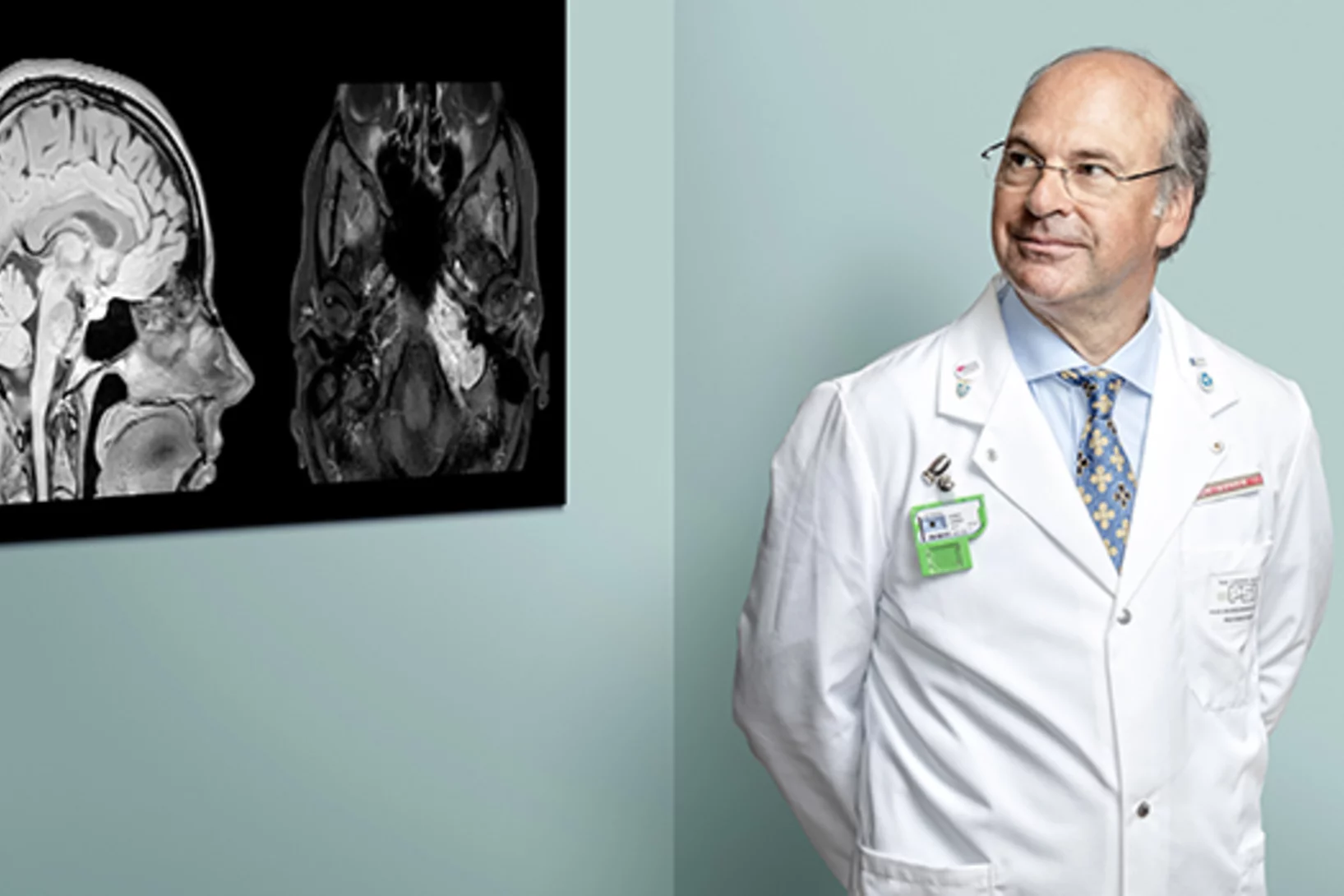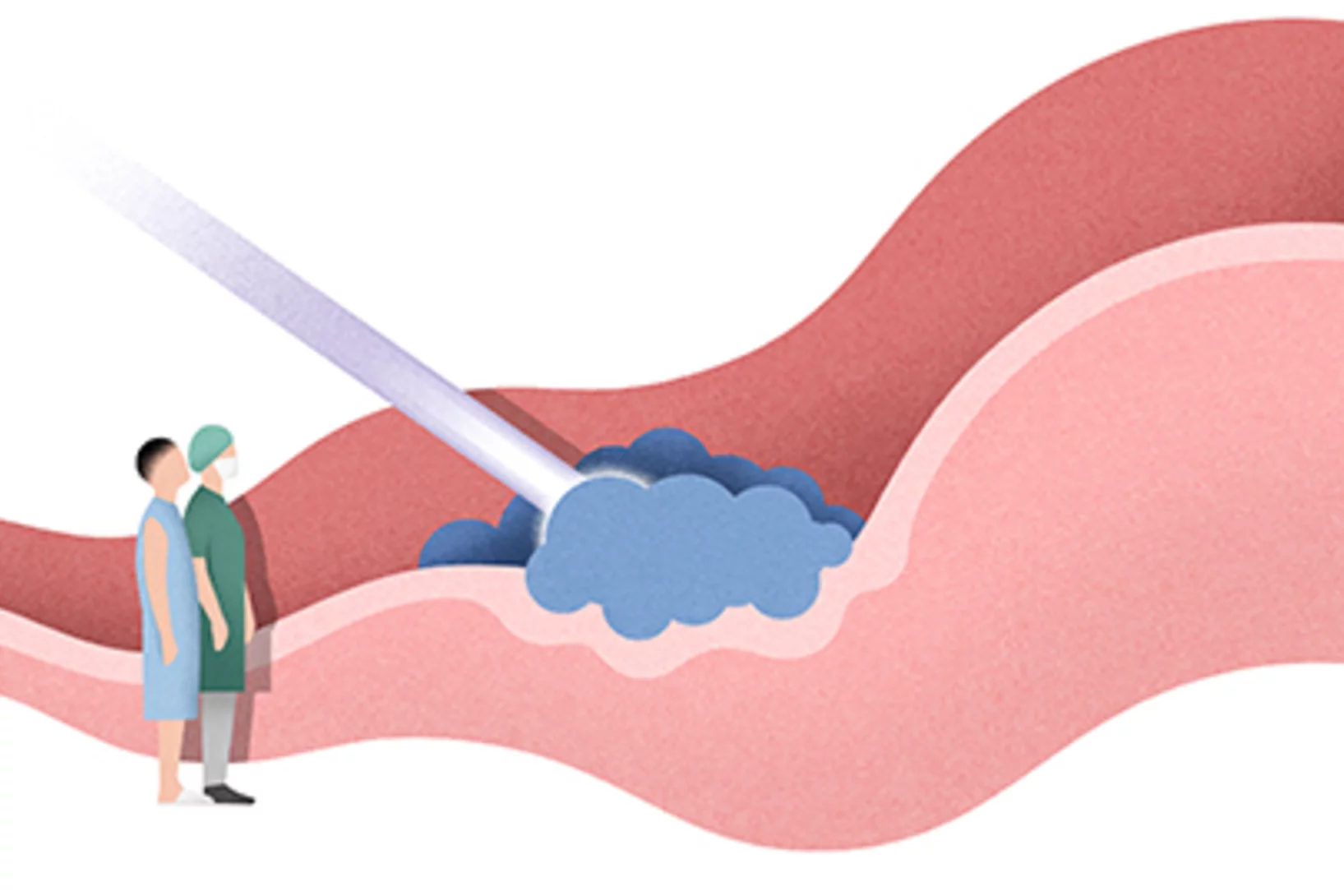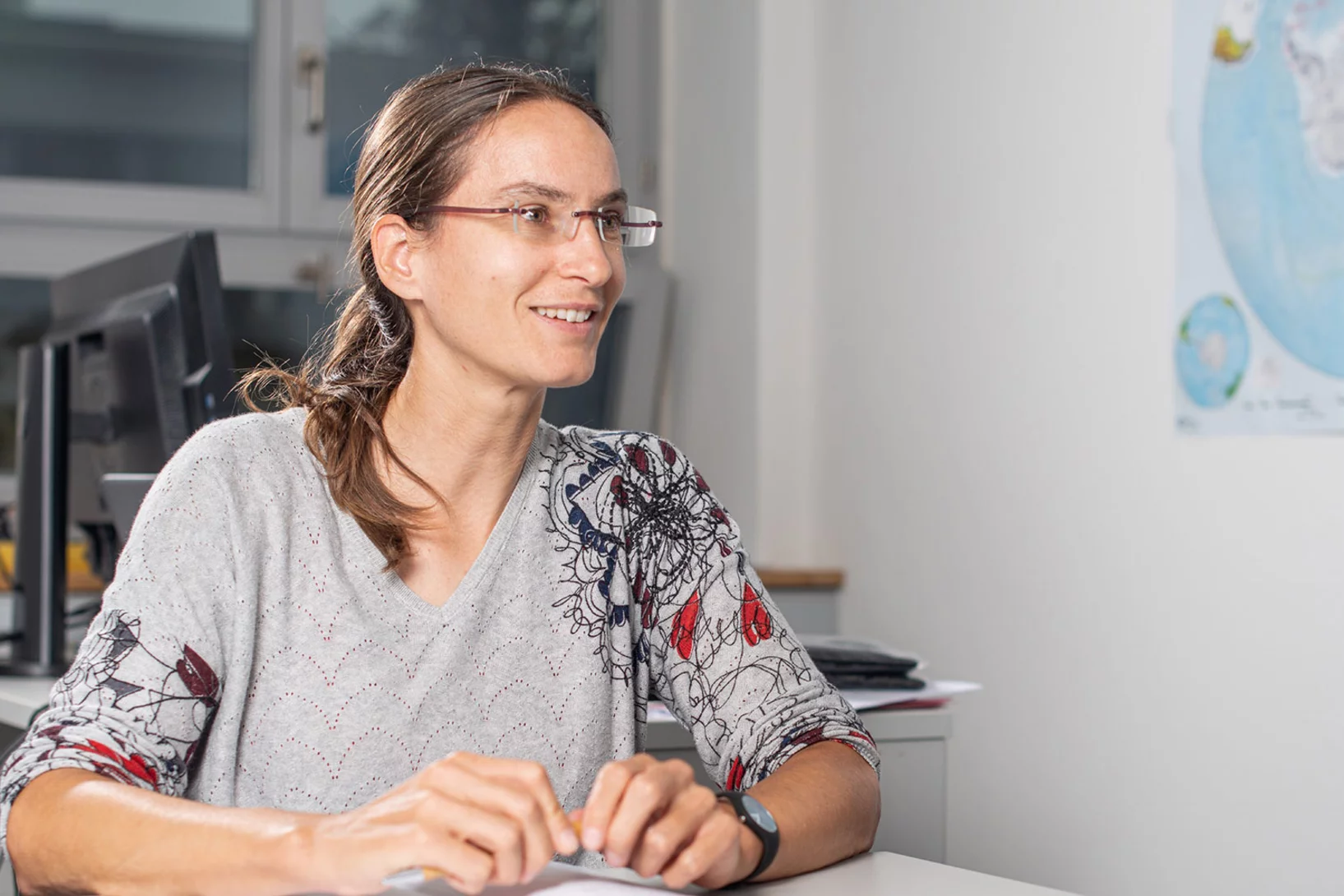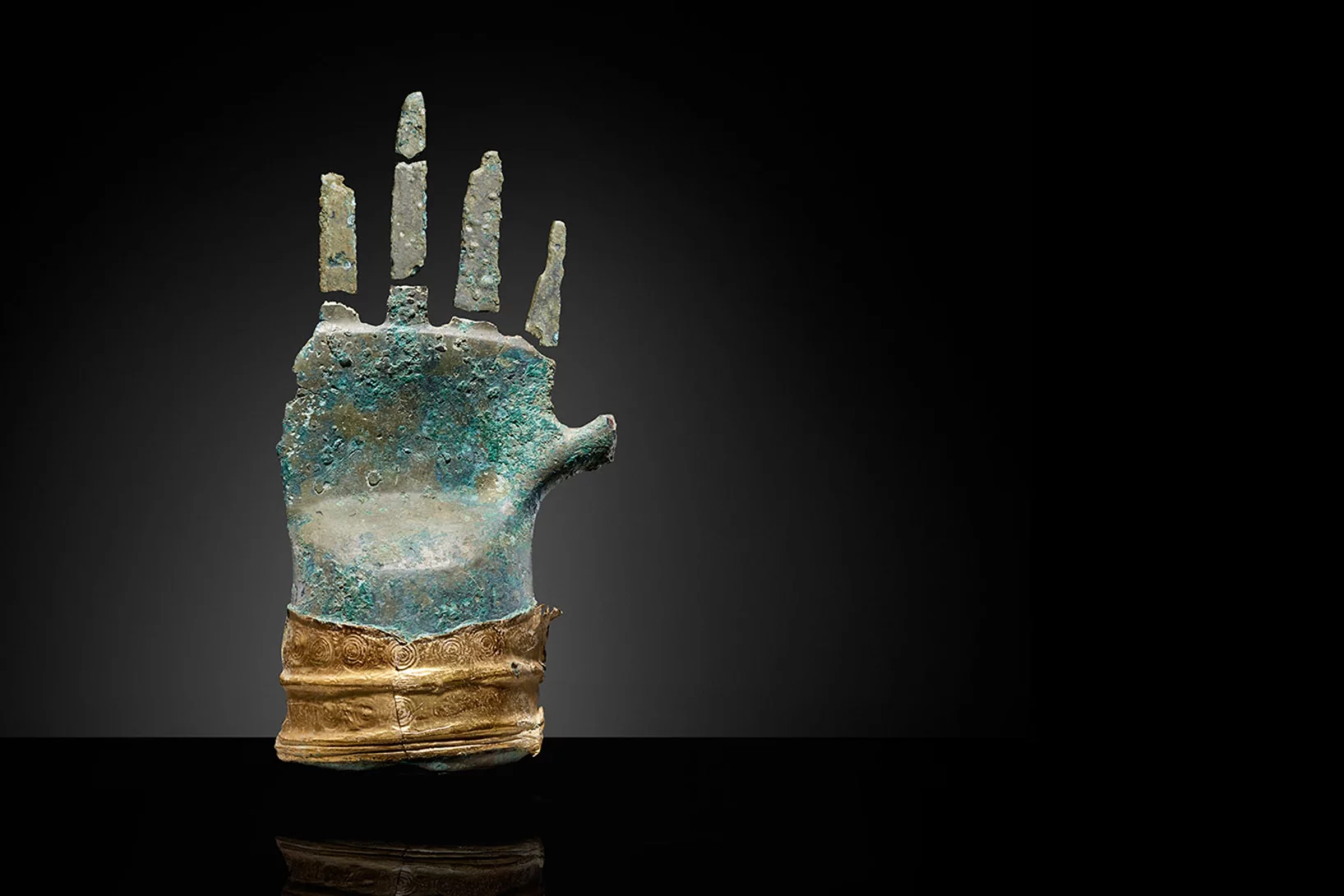PSI Stories
5,000,000,000,000,000 bytes from Villigen to Lugano
During investigations of tiny structures with large research facilities, huge amounts of data accumulate at the Paul Scherrer Institute PSI. This data is archived at the CSCS supercomputer centre in Lugano, and the researchers use the supercomputer there for their simulations and modelling.
More magnets, smoother curves: The SLS upgrade
The Swiss Light Source SLS is set to undergo an upgrade in the coming years: SLS 2.0. The renovation is made possible by the latest technologies and will create a large research facility that will meet the needs of researchers for decades to come.
Brilliant medicines
In the service of health, scientists at the Paul Scherrer Institute PSI work with radionuclides and develop agents to treat cancer and to detect tumours. Their research provides support to hospitals and is of great interest to Swiss industry.
Radionuclides for cancer therapy are in great demand
Radionuclides open up new options for treating cancer. Christian Rüegg, head of the Research with Neutrons and Muons Division at PSI, explains the significance of the Swiss Spallation Neutron Source SINQ at PSI.
Cancer medicine using PSI’s neutron source
At the neutron source SINQ, PSI researchers are producing special radionuclides that aid in the development of new and more effectively targeted cancer therapies. In this they collaborate closely with the clinics in the surrounding area.
Open fire on tumours
At the treatment stations of the Centre for Proton Therapy at PSI, tumours can be precisely irradiated from any direction. An interactive graphic explains how the protons get from the source to the body in order to trigger the elimination of tumour tissue.
"It's important to keep doing research"
Proton therapy is time-consuming and more costly than conventional radiation therapy, but its accuracy in targeting tumours is unsurpassed. An interview with Damien Weber, head of the Centre for Proton Therapy at PSI.
Cancer cells under attack
At PSI, cancer patients receive a therapy that is unique in Switzerland. Bombardment with protons wipes out cancer cells – and does so more precisely than with any other form of irradiation.
Thirteen months in the Arctic
A PSI research project investigating atmospheric chemistry will be on board the icebreaker Polarstern on 20th September 2019. Researcher Julia Schmale talks about the upcoming expedition and her role in it.
A hand like no other
A 3,500-year-old bronze sculpture is being examined at PSI's SINQ neutron source. This will enable conservators to get a unique view into the interior of the sensational find – and gain insights into how it was made.

